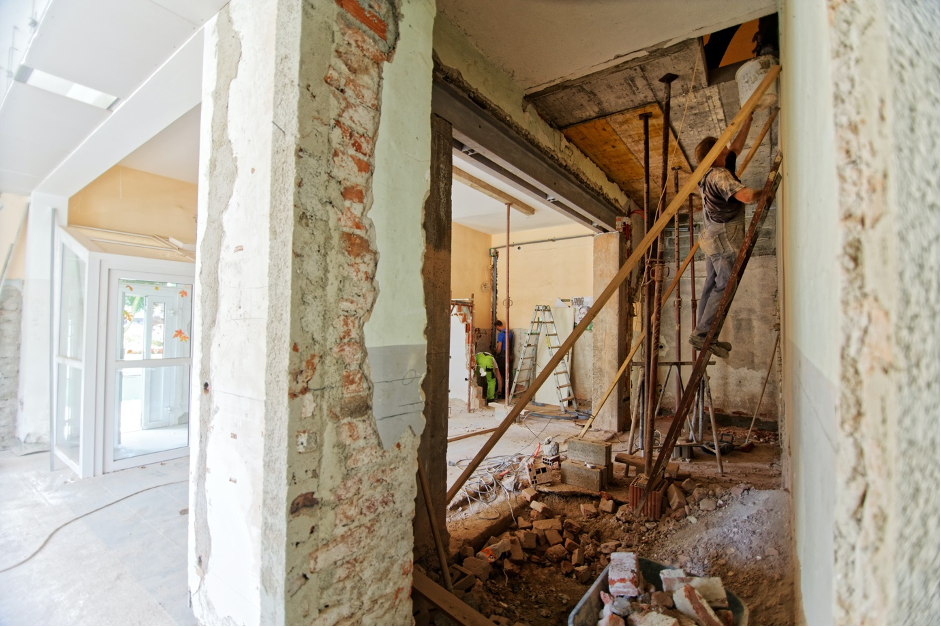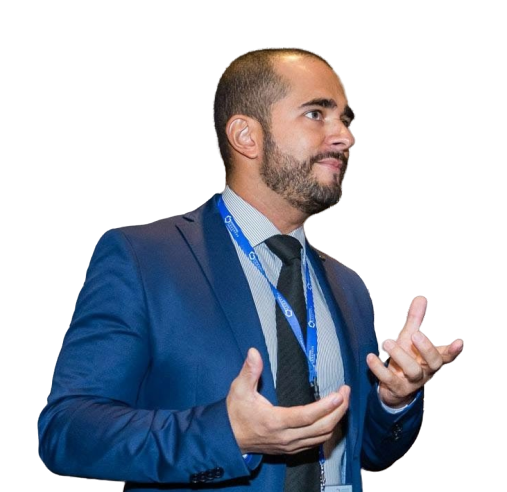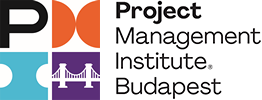June 24 2021 at 05:00AM
Transformation is about humans, not companies
Transformation is about humans, not companies. Always consider it when you think about transformation. One person causes organizational change at one time. A shift in behavior or even a change of perspective by a single person in a business is the cellular basis of attaining transformation. Individual transformation of workers is (at least) as significant as some other organizational transformation. Without it, the chance of any transformation achievement is low or null. Without it, the odds of a company continued to evolve and react to new modifications are nearly void.
And let's look at associations again and again. We find lamentable levels of employee participation and transformation apps that look great in a variety of slides, but that neglect when they confront the very first hurdle of fact: persuasive and inspiring individuals to act.
To begin with, participation. The study into employee participation is depressing. Research by Gallup because of the State of the International Workplace concluded: "Worldwide, the proportion of adults working full time for an employer and are engaged in work - they're highly involved and enthusiastic about their job and office - is only 15 percent. That minimal proportion of engaged workers is a barrier to producing high-performing cultures. It suggests a magnificent level of wasted potential, provided that business units at the upper quartile of our international employee participation database are 17 percent more effective and 21 percent more rewarding than those in the lowest quartile." It's worth repeating the crucial statistic: a mere 15 percent of individuals engaged in their job [1].
With employee involvement at such abysmally low levels, associations then instigate transformation applications with very little thought of consultation with workers. It's no secret that people are considered the most significant source of a company's competitive edge. And the exact same holds for transformation; the principal barrier to overcome in extensive change programs is the individual one. Likewise, the most crucial capability to harness in big change programs is the individual one. However, paradoxically, we now discover that individuals are often the most misunderstood advantage and leveraged capacity
It's simple to state how important men and women are, but it's frequently hard to interpret the recognition of the significance into execution. There are subtle abilities that require careful growth individually and organizationally.
Once the goal is on the enterprise's internal talent, leaders should try to get everyone on the same page. The ultimate task is to change beliefs and behaviors as changing and nurturing the enterprise culture is one of the most challenging and complex things that leaders can take on.
In practice, It's built on these components:
Act to believe otherwise: Leaders will need to re-align their thinking and behavior to function as role models of what transformation needs and demands.
Finding the most significant organizational ways ahead requires humility, willingness to ask challenging questions, and acknowledging limitations and frailties.
Motivate optional effort: Why do some people today go the excess mile to make things occur to have something done? Passion, freedom, and pride are elements. Organizations should produce recognition and rewards procedures that enable these components to be brought to bear to the business's most troublesome issues.
Give others bureau: Just how much freedom are your people permitted? Research suggests that the capability of individuals to take separate action is essential to transformation achievement.
Maximizing external and internal networks is the way ahead.
Lead the machine: Organizational systems and people who direct them must be targeted at making change occur and expect when required.
Nudge the culture: Enormous cultural overhauls are hard, if not impossible. Instead, cultures could be nudged in the ideal way to adopt new behaviors and perspectives.
The way to start
Transforming from the inside must start with a comprehension of the way that people obviously perceive and experience change. Too often, leaders don't comprehend the anxiety of being substituted or diminished because of transformation or really stoke those anxieties through overt or restricted communication. Faced with such challenges, we encourage every employee participating in the transformation, at any given level, to concentrate on their strengths and special contributions to the business, and to link them to the vision of their business after transformation - assisting them to understand how they could promote the transformation campaign, and how the transformation can assist their progression and expansion.

Milivoj Kuhar on Unsplash Photo by Milivoj Kuhar on Unsplash
This self-evaluation exercise is generally a three-step procedure for each player:
This must be inside the transformation circumstance - it also defines precisely what you may bring about the transformation and what exactly you wish to escape the transformation procedure.
Create an understanding of yourself. Several tools to pick from - associations have experienced some success with character tests like Myers-Briggs, Enneagrams or GC Indicator, or tools like StrengthsFinder.
Develop a people-centric transformation plan, and discuss with your transformation staff a technique of earning, and becoming, a public devotion.
A vital facet of the direction of transformation is instituting and reacting appropriately to those expressions, finding the intersections between:
Your strengths - that the regions of work at the company and the transformation at which you are are eager to become great at
The components of this transformation which evoke personal significance - the matters that provide you long-term gratification.
Actions that cause you to feel glad - actions and activities that provide you instant joy.
Many enterprises find it hard to call employees so closely in forming and directing the transformation. But never forget that change is an individual endeavor and, as such, can create bringing strategy a cluttered and complex procedure. People have various interests, motivators, and endurance - that affect behaviors and make possible misalignment and obstacles. Their response might not seem rational initially because change can be processed as a hazard. New strategies always need various methods of functioning, so leaders need to recognize the time and effort necessary to change individual pursuits, mindsets and behaviours. After that's practiced, workers will in return feel help leaders create the transformation a success.
About the author:

Reference:
[1] Gallup: https://www.gallup.com/workplace/238079/state-global-workplace-2017.aspx
[2] Ivan Moreira, “Author bio”: https://ivanmoreira.org/about
Note and Disclaimer: The author of this Blog post is Ivan Moreira, PMP®. He is the guest author of PMI.hu. The writing reflects the author's own professional opinion, findings, and conclusions, which do not necessarily agree with the position of PMI Budapest, Hungarian Chapter, and cannot be considered as an official recommendation, resolution, or opinion of PMI Budapest. The copyright and publication rights of the writing belong to the original author.



